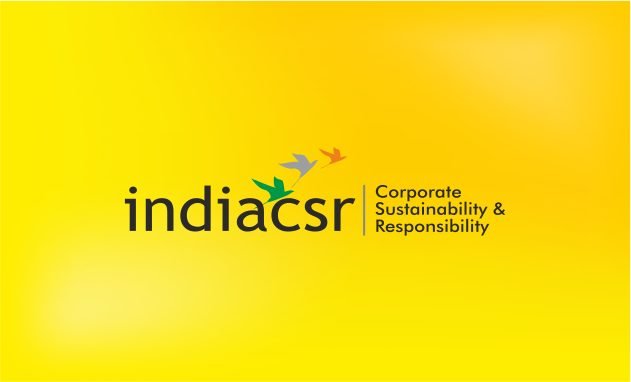Entrepreneurship Development Institute of India (EDII), an acknowledged national resource Institute for Entrepreneurship Education, Research, Training and Institution Building has boosted rural livelihood and employment in village under Start-up Village Entrepreneurship Programme (SVEP), a sub-scheme of National Rural Livelihood Mission (NRLM), Ministry of Rural Development.
It has created over 26,400 enterprises and created around 27,400 entrepreneurs in 42 blocks across 11 states in the country, so far.
Of the total entrepreneurs, 10,839 are female, 16,563 are male and one is transgender. The Institute has implemented SVEP in across 42 blocks across states of Gujarat, Madhya Pradesh, Haryana, Jammu & Kashmir, West Bengal, Odisha, Jharkhand, Chhattisgarh, Telangana, Punjab, and Uttar Pradesh.
Additionally, EDII has started process in 11 more blocks in two states of Assam and Uttarakhand. SVEP is dedicated to create sustainable self-employment opportunities for a large number of youth residing in the villages. It also works towards bringing banks and financial institutions closer to the village entrepreneurs.
Explaining about the scale of the project, Dr Sunil Shukla, Director, EDII said, “Many of the enterprises that were created during the last few years are now entering a growth phase taking their business to a new height. Refresher trainings for mentors and Community Resource Persons for Enterprise Promotion (CRP-EPs) are being planned to prepare them to handhold such enterprises to navigate through the challenges of this new phase.”
“Micro-enterprises constitute a significant proportion of the existing unregistered enterprises in the country. The purpose of SVEP is to bring majority of these micro-enterprises in the main stream and assist them in funding their business model, which is scalable and can generate rural employment. Through SVEP, these enterprises are provided training and adequate business skills to ensure their long-term survival and sustainability,” he said.
“SVEP will be entering into a new phase from next quarter onwards. Some of the initial blocks where implementation started during 2016 have progressed considerably. In course of implementation in these blocks, along with the challenges came learning which has judiciously been used to improve upon implementation in other blocks. Cross learning and innovations at all levels have been priorities which have led to the success of the program,” added Dr Shukla.





























